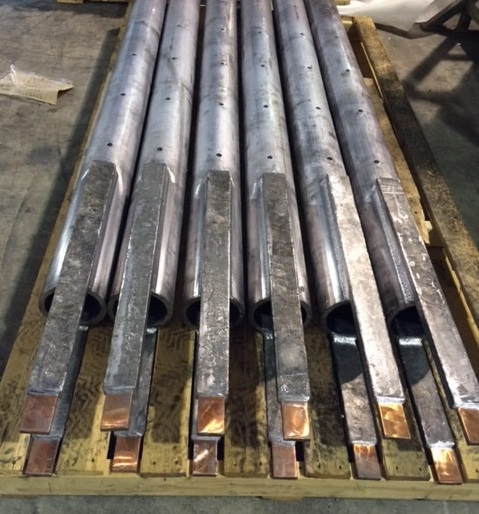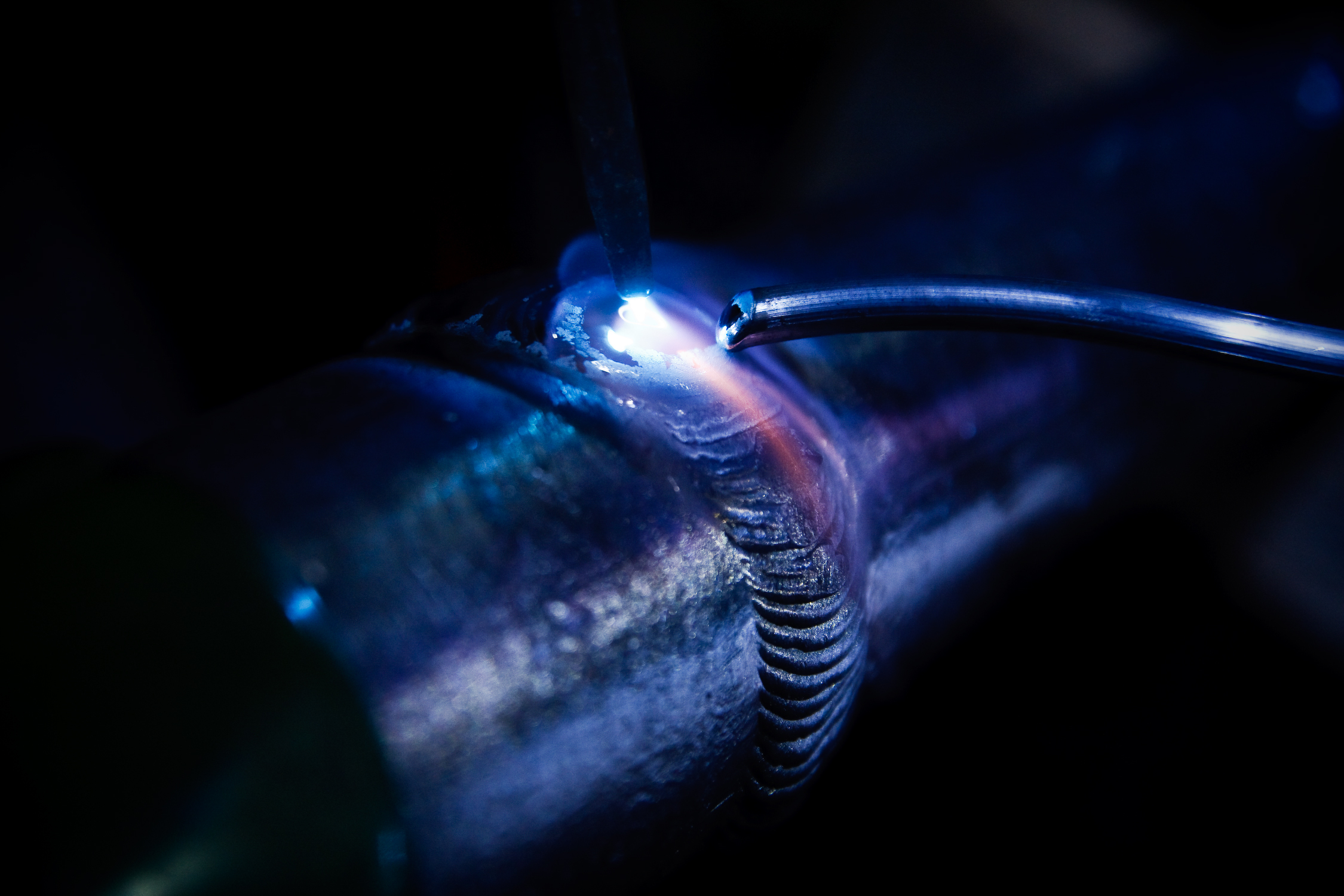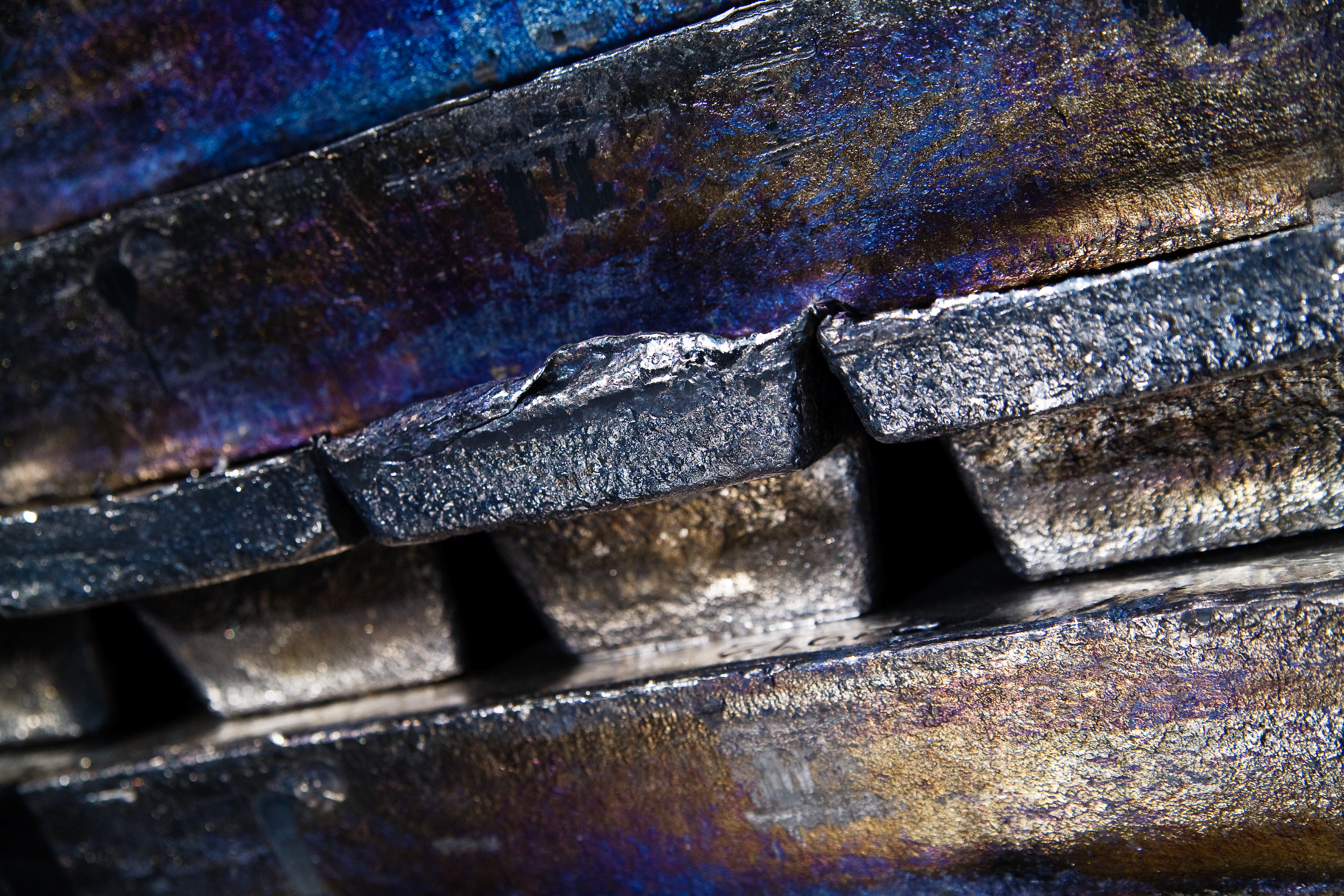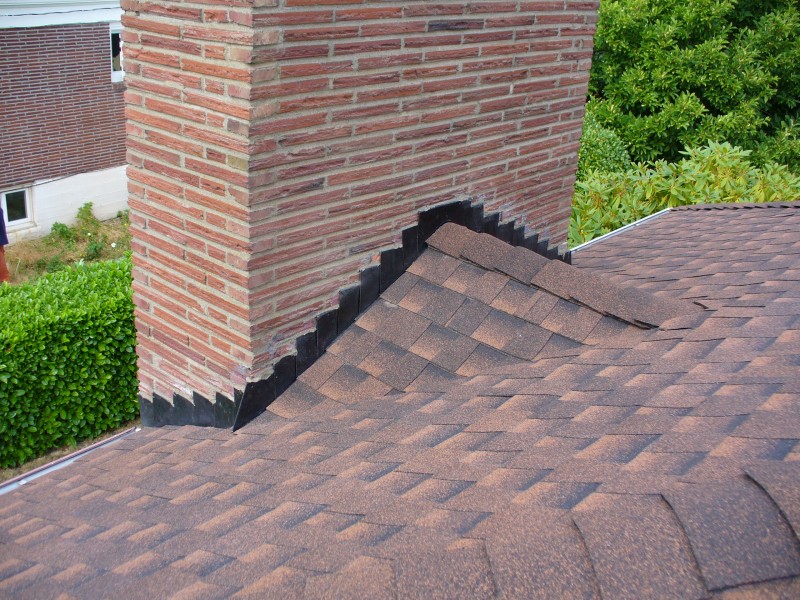Blog

Electroplating is used in a variety of industries for coating metal objects with a thin layer of a different metal. This electrochemical process requires anodes. There are as many types of anode compositions as there are applications. Electroplating anodes offer numerous benefits. Electroplating Electroplating is used to coat certain metals with a thin layer of a pure metal, like silver…
Read more...

The lead burning process is used whenever there is a need to coat, line, or fabricate an item with lead. Sometimes referred to as “lead welding,” the lead burning process is commonly used in coordination with procedures for making repairs or when performing scheduled maintenance. In simple terms, lead burning is similar to welding with the exception that the metal…
Read more...

Babbitting is a metal alloy coating that goes on a base metal to protect it from wear. Typically, the Babbitting process is used on investment castings, which are made of cast iron. The challenge is that investment casting is costly to produce. The Babbitting process helps to protect the bearing surface of the casting giving it an extended life span.…
Read more...

Lead metal is the preferred material for radiation shielding. The reason is that lead is highly effective in providing protection from sources of radiation. Because of this, it is the standard used in the design of radiation protection systems. Lead metal is dense; it can be used against various high-energy applications of radiation, including gamma rays, x-rays, and other types…
Read more...

Lead flashing is the preferred solution for many roofers and homeowners for a number of reasons. Lead possesses a number of attributes that make it ideal for use in flashing. It is inherently resistant to corrosion, making it highly durable in exterior settings exposed to the elements. Another significant benefit of lead is its malleability. This soft metal can be…
Read more...

Lead is the material of choice for both gamma radiation and x-ray shielding. In particular, lead bricks, provide an effective solution by providing maximum protection in settings where sheet lead is impractical, due the thickness of lead required. They are used in laboratories and hospitals, as well as for specific applications where lead thicknesses greater than ¾” are required over…
Read more...

Comments or questions are welcome.



